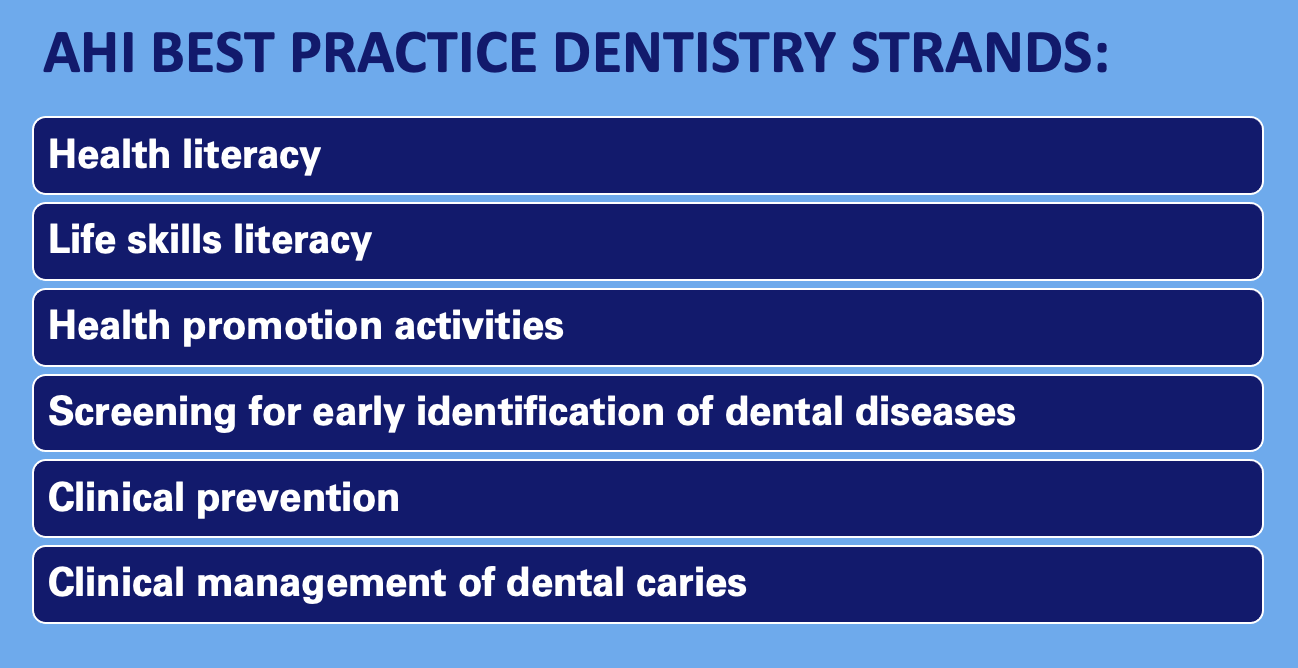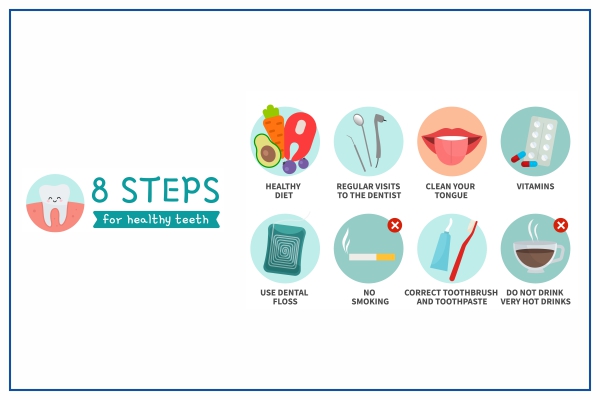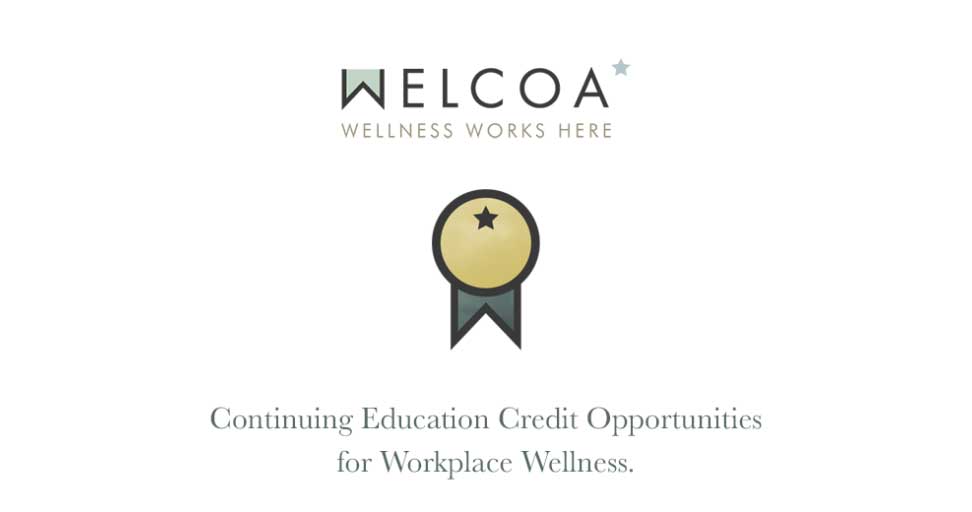Introduction
In today’s world, where unhealthy eating habits and sedentary lifestyles are prevalent, trimming your waistline and achieving weight loss goals can feel like an uphill battle. However, with the right strategies and a commitment to change, shedding those extra pounds is entirely possible. Let’s explore some essential weight loss strategies that can help you trim your waistline and improve your overall health.
Understanding the Basics
Before diving into specific strategies, it’s essential to understand the basics of weight loss. At its core, weight loss occurs when you consume fewer calories than your body burns, creating a calorie deficit. This deficit prompts your body to tap into stored fat for energy, leading to gradual weight loss over time. While various factors influence weight loss, including genetics and metabolism, creating a calorie deficit through diet and exercise remains fundamental.
Mindful Eating Habits
One of the most effective weight loss strategies is adopting mindful eating habits. This involves paying attention to what, when, and how much you eat, as well as tuning into hunger and satiety cues. Practice mindful eating by savoring each bite, eating slowly, and stopping when you feel satisfied rather than stuffed. Avoid distractions like screens or multitasking during meals, allowing you to fully enjoy your food and prevent overeating.
Balanced Nutrition
Achieving and maintaining a healthy weight requires a balanced approach to nutrition. Focus on incorporating a variety of nutrient-dense foods into your diet, including fruits, vegetables, lean proteins, whole grains, and healthy fats. Aim to fill your plate with colorful, plant-based foods that provide essential vitamins, minerals, and antioxidants while limiting processed foods, sugary snacks, and high-calorie beverages.
Portion Control
In addition to making healthy food choices, practicing portion control is crucial for weight loss success. Even nutritious foods can contribute to weight gain if consumed in excess. Use visual cues or portion control tools to gauge appropriate serving sizes and avoid oversized portions. Eating smaller, more frequent meals throughout the day can also help regulate hunger and prevent overeating.
Regular Physical Activity
Physical activity is a cornerstone of any successful weight loss plan. Aim for at least 150 minutes of moderate-intensity aerobic exercise or 75 minutes of vigorous-intensity exercise each week, along with muscle-strengthening activities on two or more days. Find activities you enjoy, whether it’s walking, jogging, cycling, swimming, or dancing, and make them a regular part of your routine to boost calorie burn and support weight loss.
Hydration and Hygiene
Proper hydration is essential for overall health and can also support weight loss efforts. Drinking an adequate amount of water throughout the day helps regulate appetite, prevent dehydration, and support proper bodily functions. Aim to drink at least eight glasses of water per day, and consider replacing sugary beverages with water or herbal tea. Additionally, prioritize good hygiene practices to reduce the risk of foodborne illness and support digestive health.
Sleep and Stress Management
Quality sleep and effective stress management are often overlooked but play critical roles in weight loss and overall well-being. Aim for seven to nine hours of quality sleep per night to support hormone regulation, metabolism, and appetite control. Practice stress-reducing techniques such as meditation, deep breathing exercises, or yoga to lower cortisol levels and prevent emotional eating. Prioritize self-care and relaxation to support your weight loss journey.
Seeking Support
Embarking on a weight loss journey can feel overwhelming at times, but you don’t have to go it alone. Seek support from friends, family, or a healthcare professional who can offer encouragement, accountability, and guidance along the way. Consider joining a weight loss group, enlisting the help of a personal trainer or nutritionist, or connecting with online communities for additional support and motivation.
Conclusion
Trimming your waistline and achieving weight loss goals requires dedication, consistency, and a willingness to make sustainable lifestyle changes. By incorporating these essential weight loss strategies into your daily routine, you can take control of your health, improve your well-being, and achieve lasting success on your weight loss journey. Remember, progress may be gradual, but with patience and persistence, you can reach your goals and enjoy a happier, healthier life. Read more about tips to reduce weight




